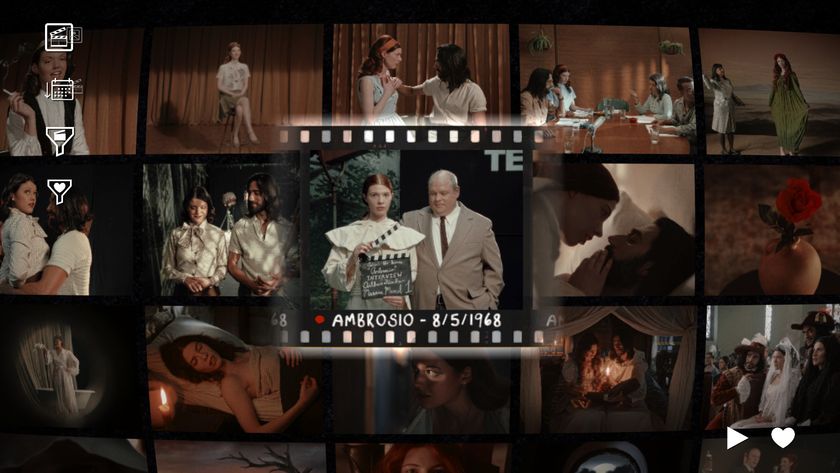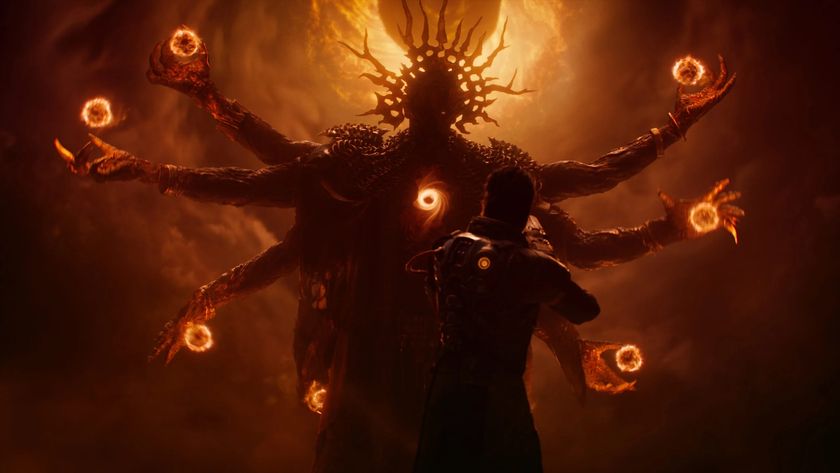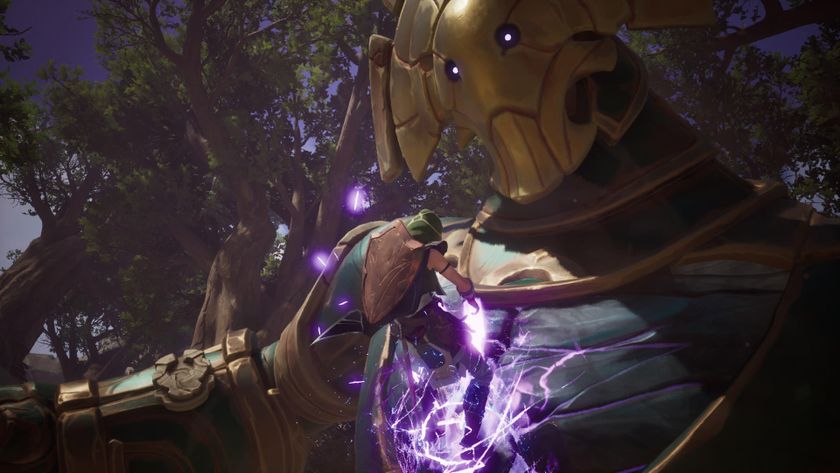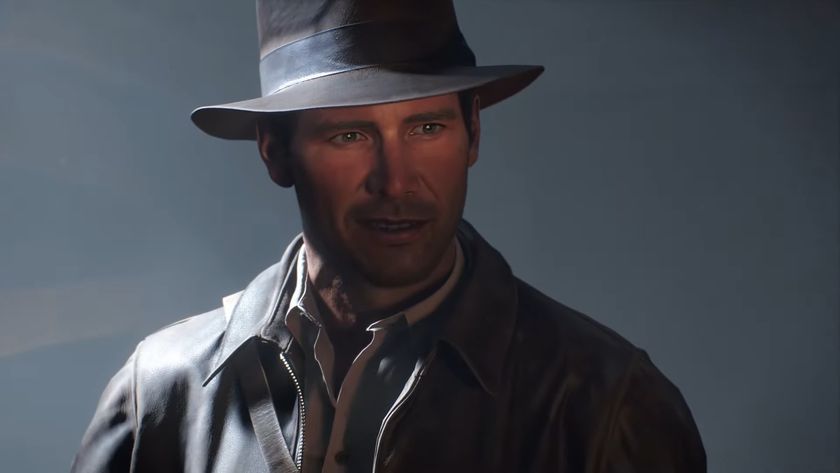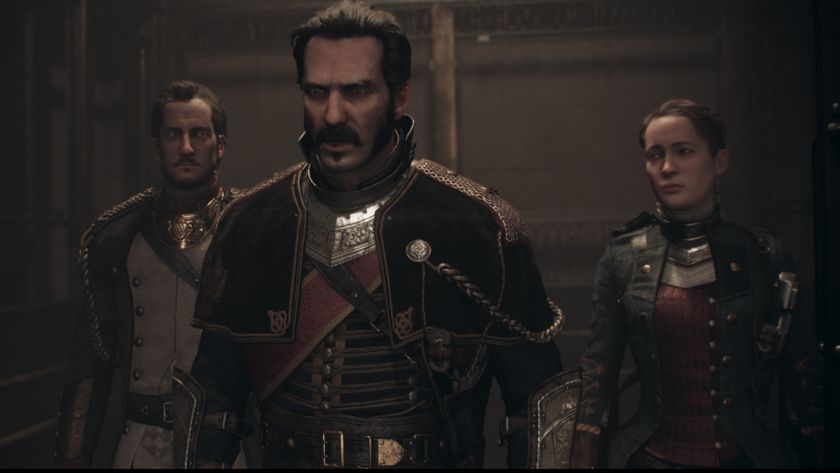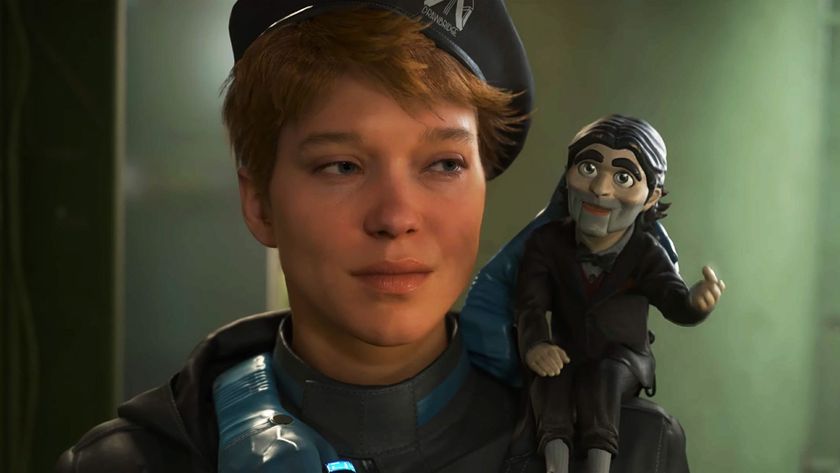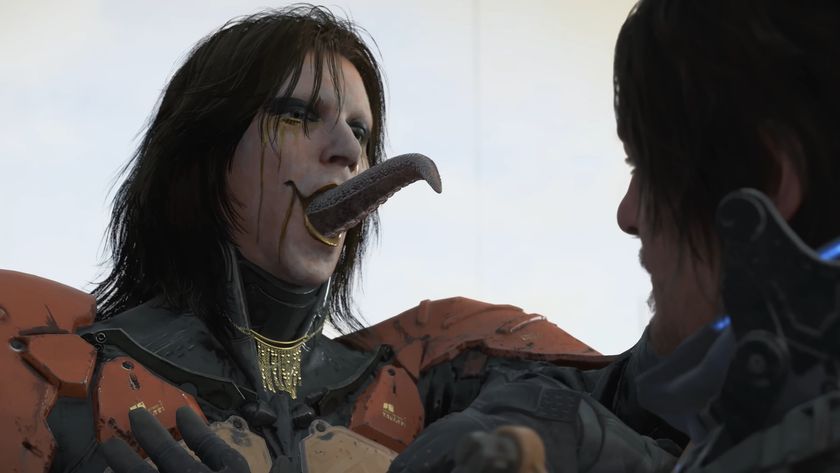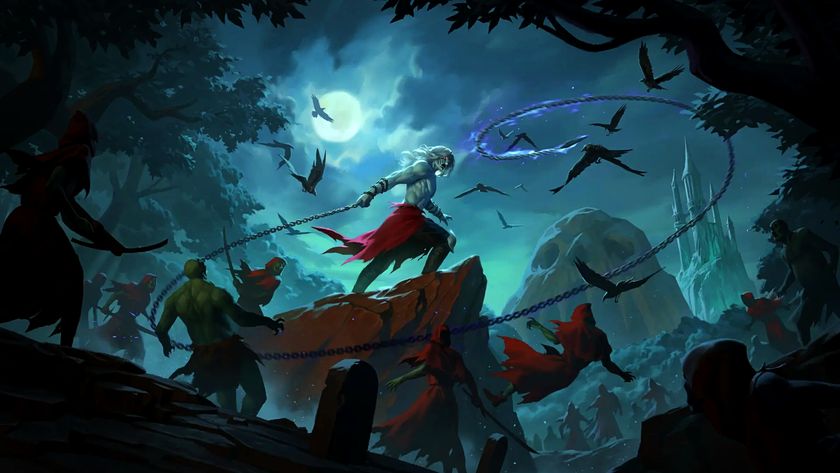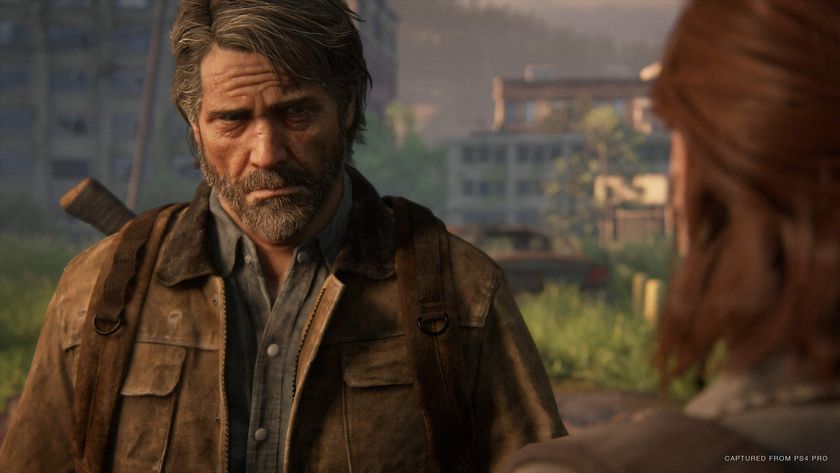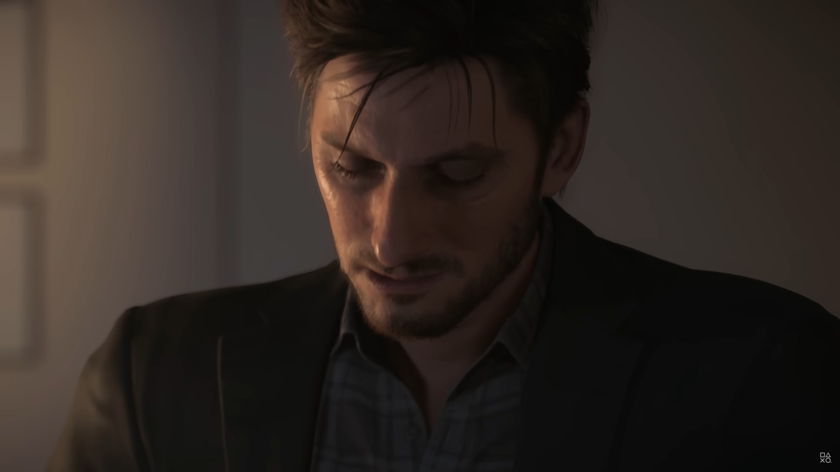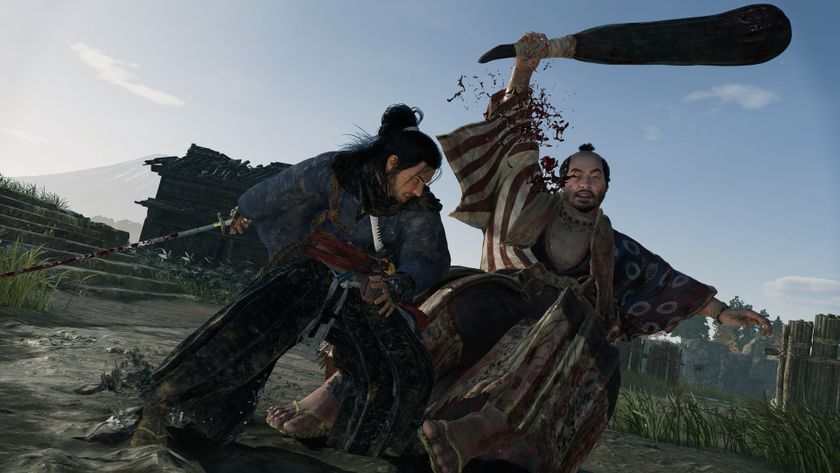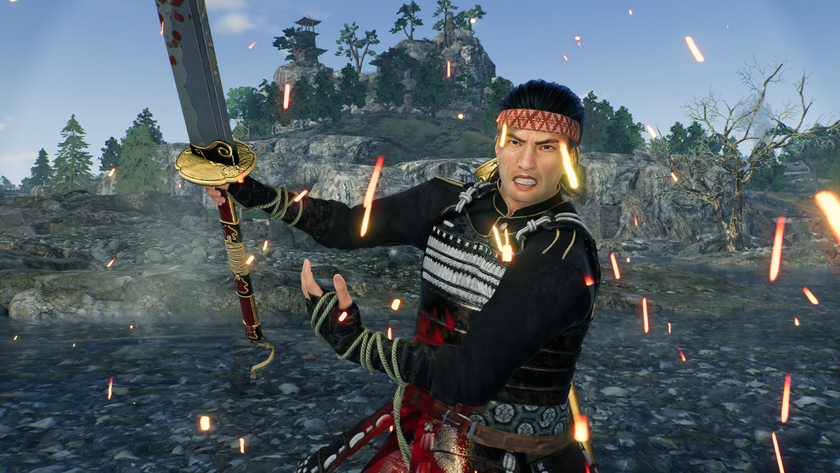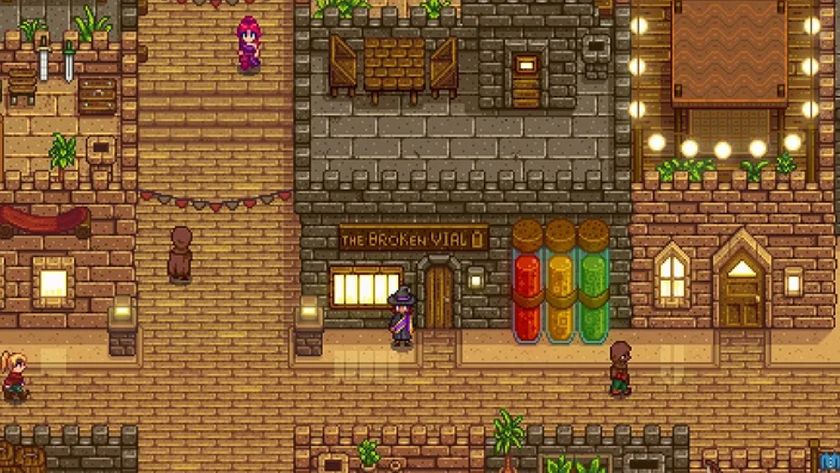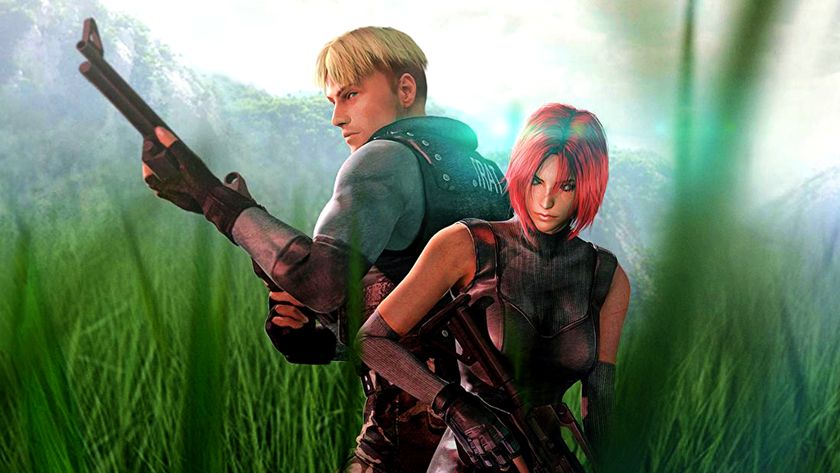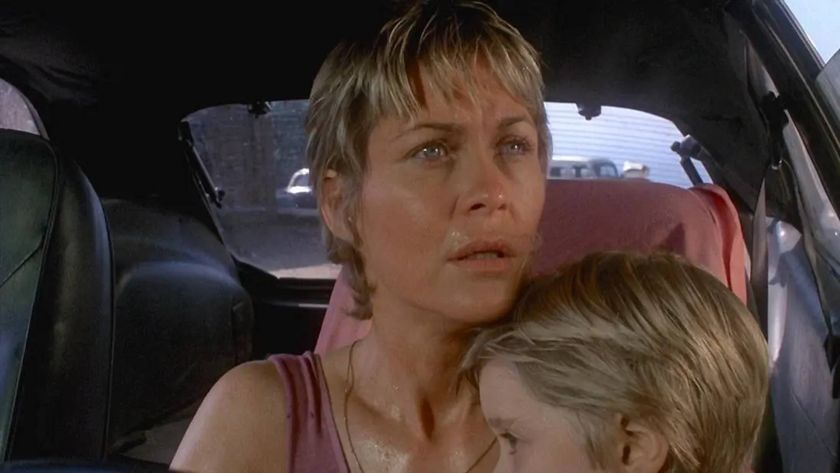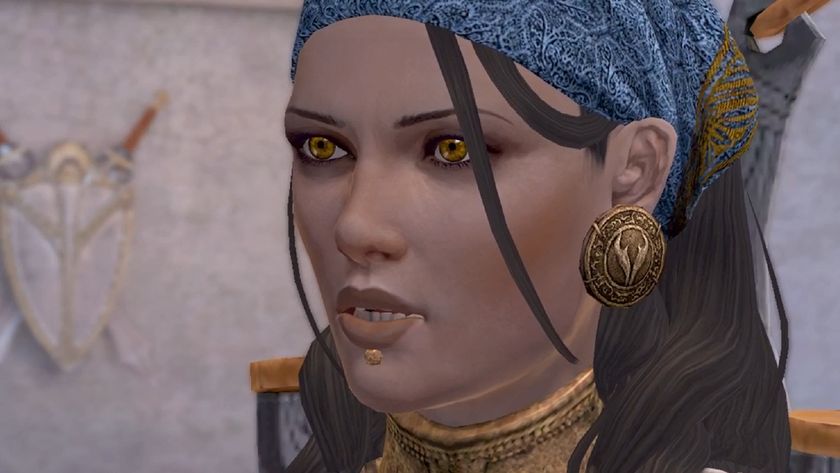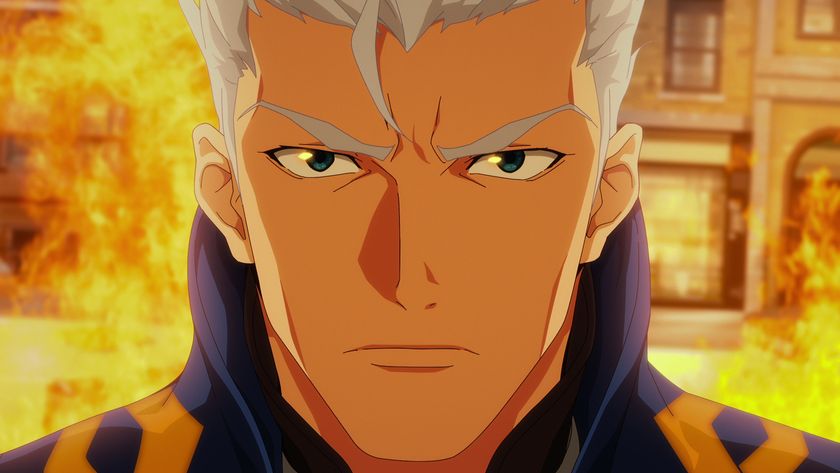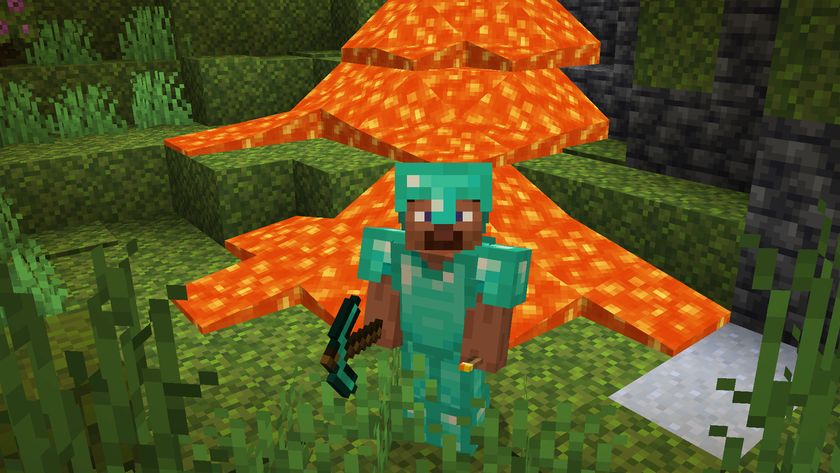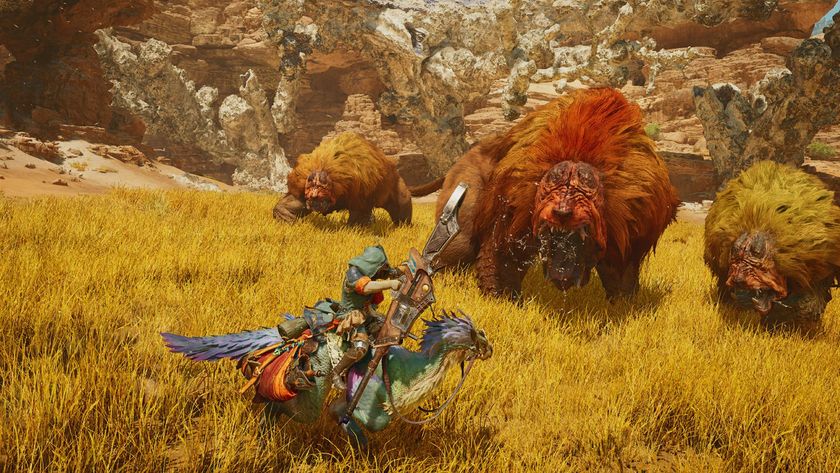Returnal doesn't make sense - but it doesn't need to
There might be a good reason why the alien time-loop trauma game isn't big on logic.
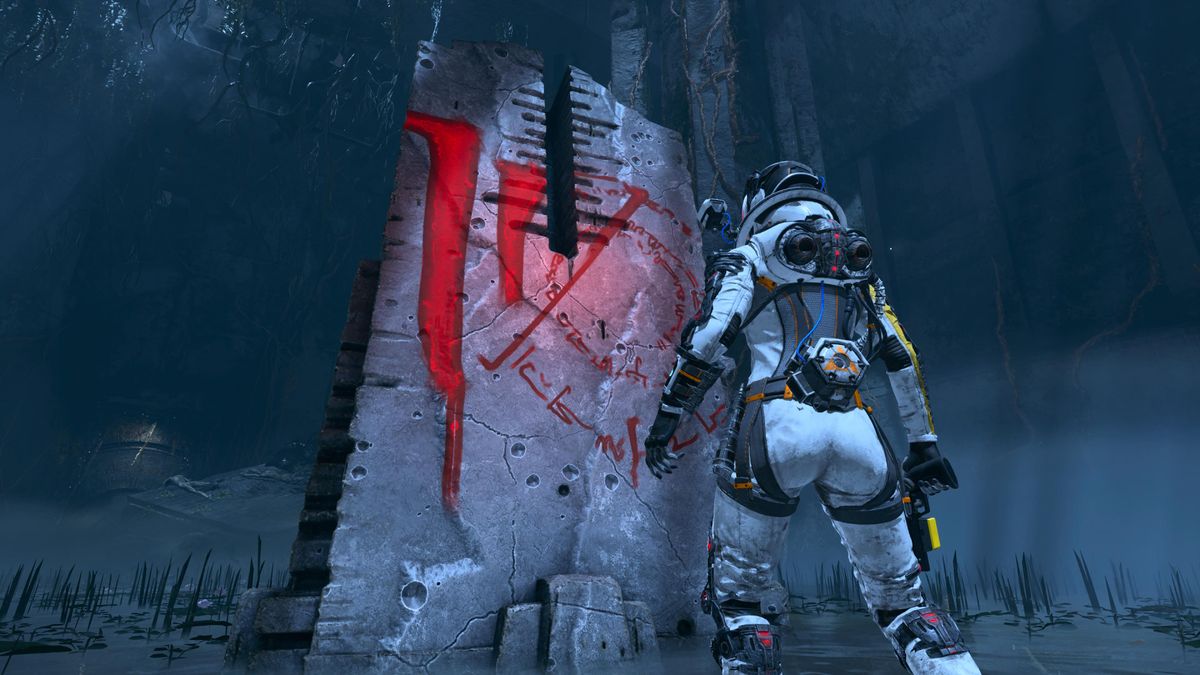
Returnal is coming to PC! Excellent news: it's a great game and you should absolutely play it if you have one of those computers that can topple international economies and alter space-time with the gravitational pull of its graphics card. But what you shouldn't do is read this page before playing it, because we're going to discuss Returnal's story. All of it. Ending included. Thus, spoilers ahead! Go away, reach the final credits, and come back.
Now, what sticks out about Returnal to me is the fact that it's very clearly doing something different from most science fiction game narratives, as it has borderline contempt for the idea of lore. Weird, because that's something that's usually very intertwined with sci-fi and speculative fiction (particularly in games). It even attempts to trick you into thinking there'll be a conventional backstory – but we get ahead of ourselves.
Let's go back to the beginning
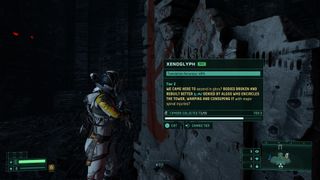
Returnal is a game about future space explorer Selene crash-landing on a mysterious planet after a mysterious weapon shoots her down while she's following a mysterious signal. After dragging herself from the wreckage she's attacked by mysterious monsters in mysterious ruins, and realises soon after that she's in a mysterious time loop, with mysterious copies of herself manifesting with mysterious messages. There's also a mysterious house that harkens back to mysterious bleak events regarding her life on Earth while a mysterious astronaut stalks her from a distance mysteriously…
It ain't big on clarity, is my point. For quite a long time your overall experience of Returnal will largely just be thinking: "why the hell is any of this happening?" But don't worry, there are clues scattered about to provide lifelines for the terminally bewildered. The main hints we get are monoliths across the world of Atropos, and as Selene deciphers more of the language, they provide bits of context, though they're clearly just pieces of a larger story. Past that, holograms in shrines offer snapshots of this world's history. Later, ruins give way to an old city that's clearly built for a purpose, with barricades and defences that evoke some past conflict. Religious-sounding entities are mentioned in tones of fear, including creators and destroyers.
Meanwhile, Selene's own past begins to manifest. Tidbits are handed out reluctantly: a family with a lineage of space exploration, a car accident with a child that ends in tragedy, a dark relationship with a wheelchair-bound parent. We don't know the full picture yet, but we've managed to find all the edge pieces of this jigsaw puzzle, and it feels like a matter of time before the centre is filled and the mystery is untangled.
Breaking the Lore
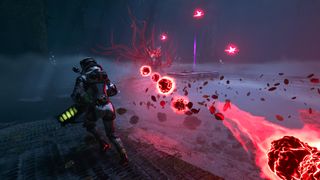
But then it all goes wrong at the midpoint, the stomach-sinking moment you realise that the jigsaw pieces are actually double-sided, and that some of them might be from a different puzzle set altogether. Selene's attempt to escape the planet results in a horrifying failure that makes you feel more trapped than ever, and it becomes clear that simply flying away isn't an option. If our lead character wants any chance of escape, she can't just leave – she has to understand what's actually going on in Atropos.
But then what little knowledge and information we had before seems to dribble away. As Selene learns more of the alien language, the monoliths that once presented a cogent history now just start to decode into insane rambling, as though truly understanding the situation only seems to reveal how irrational it all is. Our hero's personal history starts to blur together, with events overlapping and running into each other, and often it's unclear which of the characters in a flashback even is Selene.
Sign up to the 12DOVE Newsletter
Weekly digests, tales from the communities you love, and more
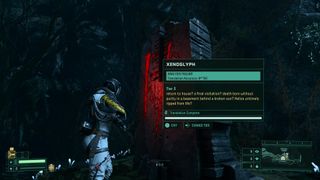
It's a key shift in the narrative, as the game begins to suddenly invest more in what we might apocryphally think of as "right-brain thinking". The events of Returnal no longer make logical sense, but they do make symbolic and emotional sense.
By the time we've reached the end of the story, Selene's past is a confusing contradiction, and it's hard to draw anything solid from it. Selene might be the grandmother, the mother, the child, or even all of them due to time travel paradoxes. Maybe she's still in the river, trapped in the wreckage of the car and enduring a self-inflicted hell in her dying moments. Maybe she's existing beyond linear time, visiting key points in her own history as a living inconsistency. Or is it option D), all of the above?
Let's go back to the beginning
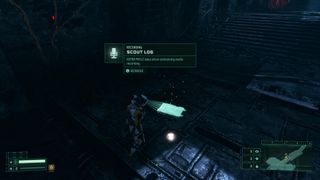
Returnal is a game about future space explorer Selene crash-landing on a mysterious planet… Except it isn't, not really. It's a game about guilt and looking for meaning where none can really be found, pointlessly going over events again and again to no avail. Some elements suggest that Selene is trapped on Atropos, others suggest she's drowning in a river. She could be the embittered grandmother, the guilty mother, the traumatised child, the enigmatic astronaut, or some of them, or all of them. Perhaps there's an alien history to these ruins, or perhaps it's all just reflecting her self-loathing back at her, Silent Hill-style. Maybe it's all true, or none of it is. People online will argue constantly over interpretations, because there's no clear standout among any of them.
And that's good! The reality is that the lore ultimately doesn't matter, because every single interpretation still brings Selene to the same emotional realisation. Her character arc, bleak as it is, is realising that one way or another her own mind is what's keeping her here. Selene feels the same guilt, horror and resignation in every single version of this story, so even if you work out that it's all happening because of aliens, or because of trauma, or space magic or a coma or purgatory or a metaphor – so what? It doesn't actually change anything that matters, and the solution still remains the same. Therapy isn't going to be improved by having the building plans for the psychiatrist's office, and if that's where you invest your energy, you'll only be disappointed.
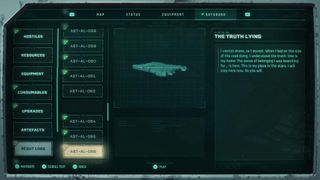
That's why I admire what Returnal does with lore and backstory: uses it as a trap to lure us into the same mistake as our protagonist. Selene – and by extension the audience – both look for meaning externally, but Atropos is screaming at her to look inwards, something Selene determinedly ignores for the first half of the game and gets punished for when it comes to her failed escape attempt.
Lore is a lot of fun, but it's often superficial, and not really what matters in a story (though there's no shortage of fan wikis out there to claim otherwise). Returnal does away with history lessons and checklists, gently baiting us for our obsession with such things, and strips the situation down to what matters – a character and a beating, emotional heart. Plus you can shoot aliens with electric spikes until they pop. God, I love this game.

Joel Franey is a writer, journalist, podcaster and raconteur with a Masters from Sussex University, none of which has actually equipped him for anything in real life. As a result he chooses to spend most of his time playing video games, reading old books and ingesting chemically-risky levels of caffeine. He is a firm believer that the vast majority of games would be improved by adding a grappling hook, and if they already have one, they should probably add another just to be safe. You can find old work of his at USgamer, Gfinity, Eurogamer and more besides.
